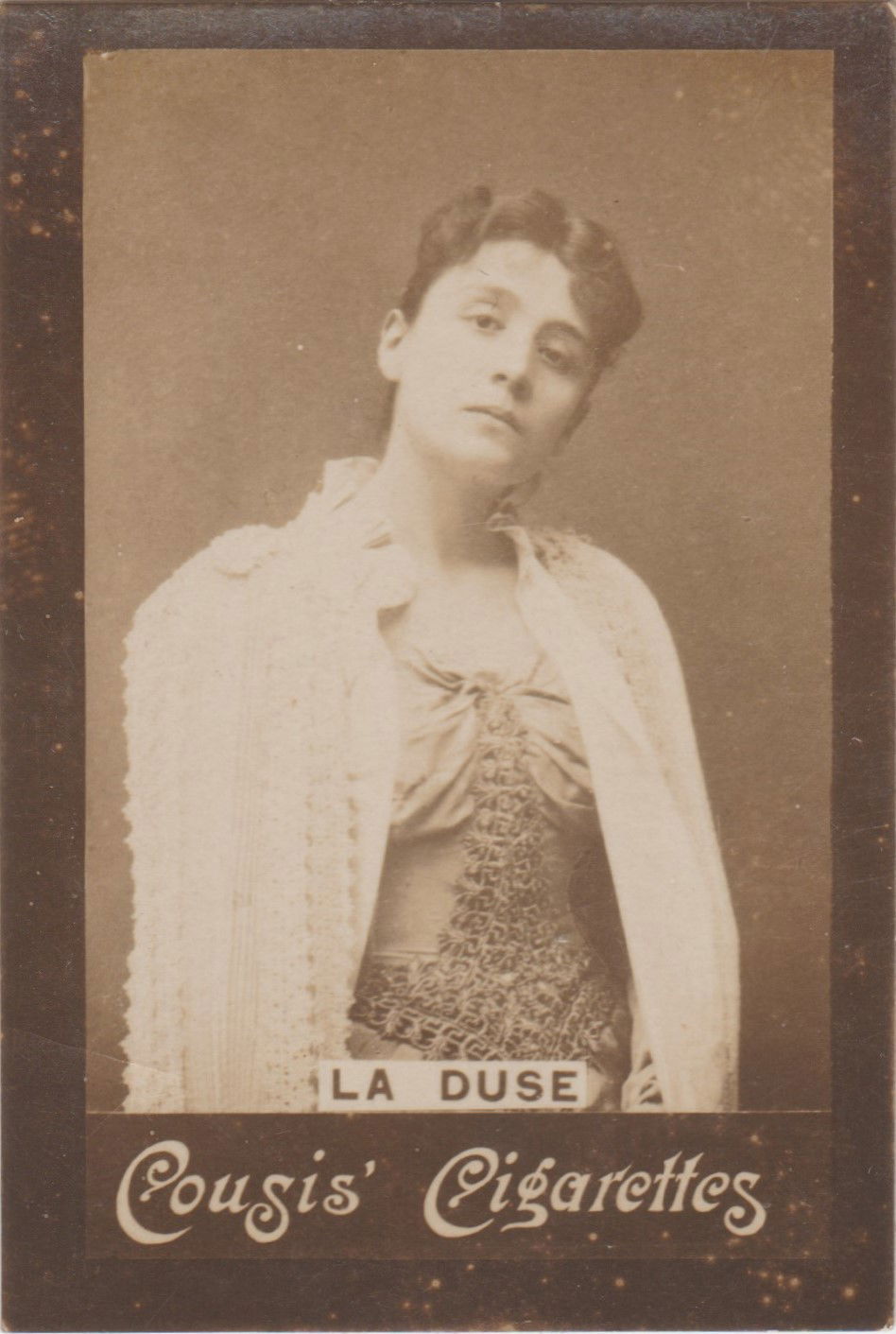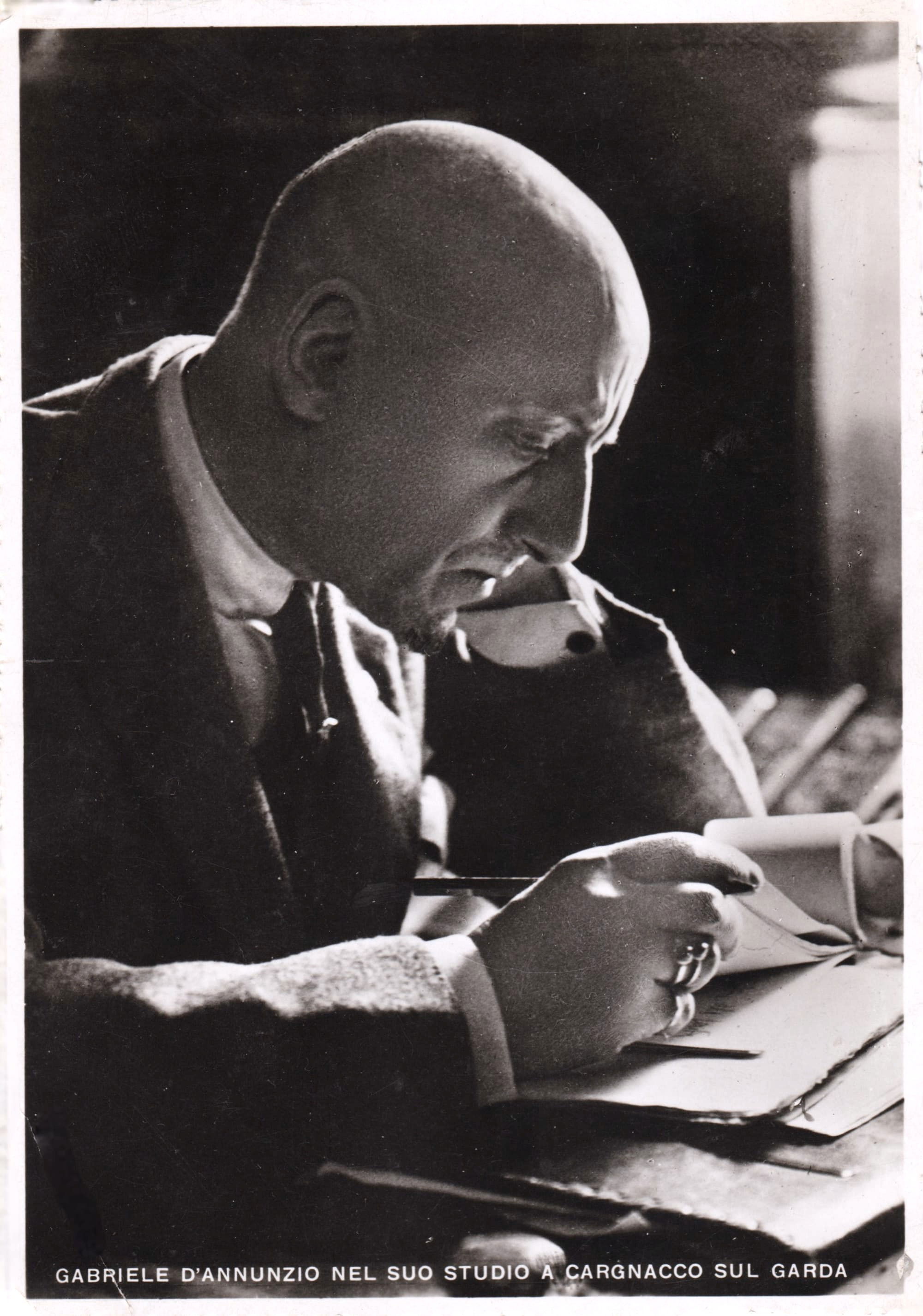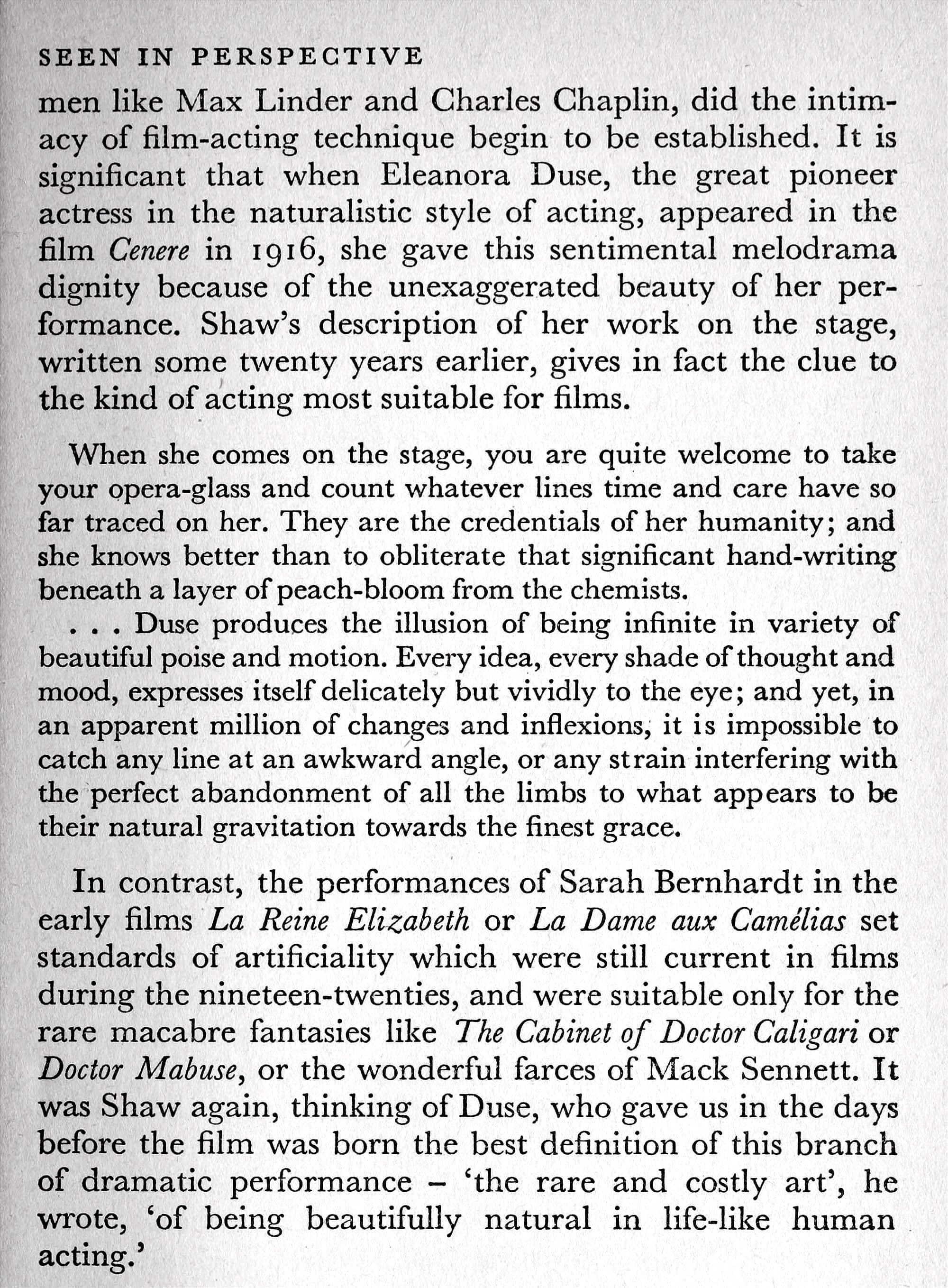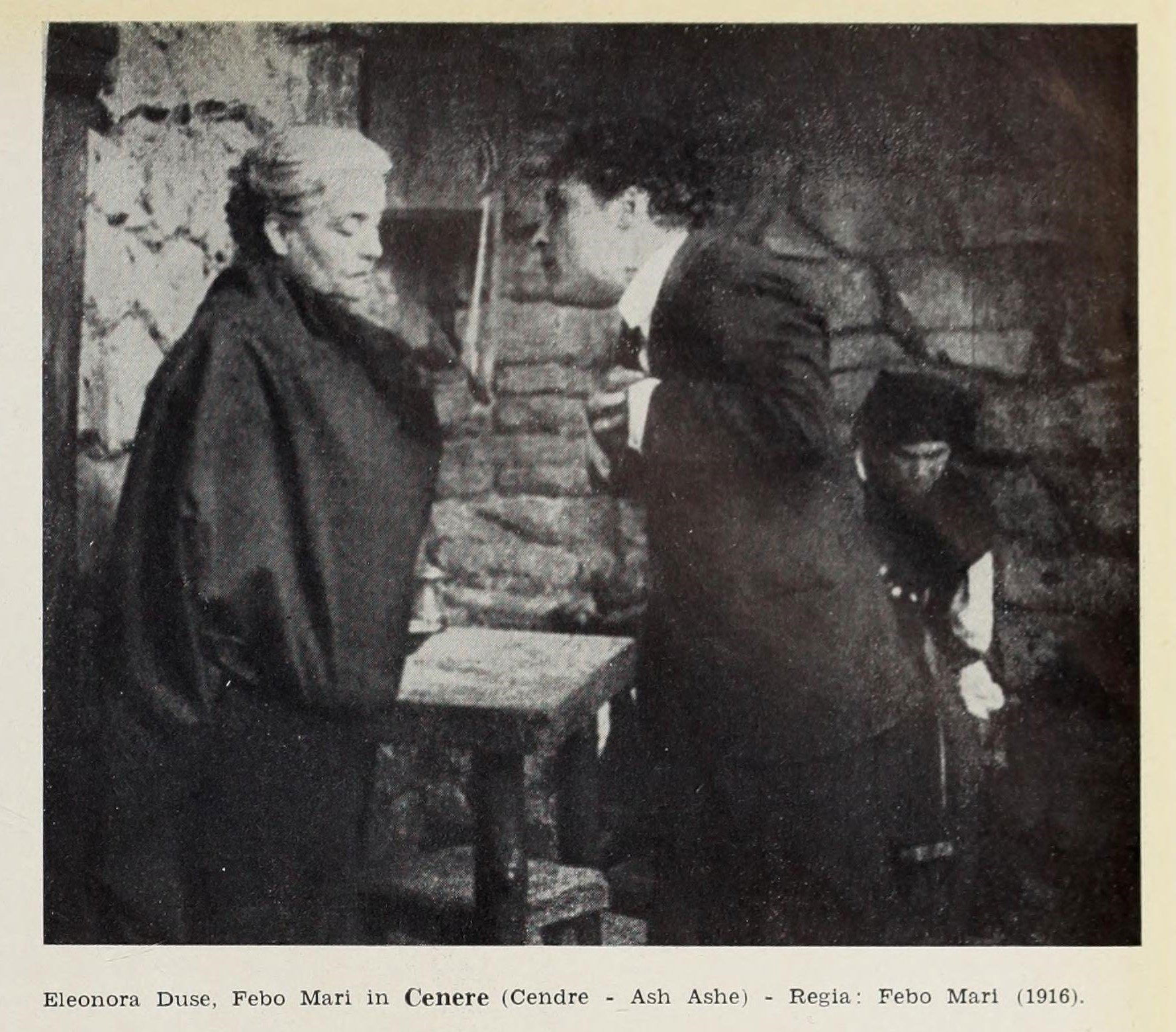ELEONORA DUSE "THE DIVINE"

COUSIS' CIGARETTES serie "Celebrities"
With this Maltese card, from the early '900, I would like to introduce one of the greatest Italian theater actresses, admired all over the world for her natural and intense acting style. Her artistic career began as a child, when she followed her family of itinerant actors around Italy. At the age of 14 she made her debut in Venice with Cesare Rossi's company, where she met her first husband, the actor Tebaldo Checchi, with whom she had a daughter, Enrichetta. Her fame grew rapidly and she soon became the company's first actress, interpreting works by authors such as Goldoni, Alfieri, Schiller and Shakespeare. In 1885, Duse founded her own company, with which she performed in Italy and abroad, conquering audiences and critics with her interpretations of complex and tormented female characters. Among his most famous works are Fedora, Nora, Cavalleria rusticana and The Lady of the Camellias, written by authors such as D'Annunzio, Ibsen, Verga and Dumas. Duse was the first actress to bring modern theater to the stage, based on the psychology of the characters and the verisimilitude of situations. His way of acting was innovative and revolutionary, as it was based on the expression of feelings and emotions, without resorting to conventional gestures or stage tricks. Duse was able to convey her emotional intensity to the public with a look, a silence, a voice.

POSTCARD ED. ZULLANI CELESTE - GARDONE RIVIERA
Her private life was marked by many romantic relationships, including that with the poet Gabriele D'Annunzio, who dedicated some of his most beautiful works to her, such as The Dead City, Francesca da Rimini and Iorio's Daughter. Their love story was passionate and troubled, and ended with a painful breakup, which deeply marked Duse. After the end of their relationship, Duse retired from the stage for a few years, devoting herself to her spiritual life and her health, which had always been delicate. In 1921, he returned to acting with Dario Niccodemi's company, with whom he toured Europe and America. His last appearance was in 1923, in New York, where he performed Cocteau's The Human Voice. The following year, he died in Pittsburgh, during an American tour, due to pneumonia. His body was transported to Italy and buried in the cemetery of Asolo, where he had a villa. Eleonora Duse was one of the most influential and admired actresses in the history of theater, and left an indelible mark on Italian and world culture. Her art has been a source of inspiration for many other artists, such as Sarah Bernhardt, Charlie Chaplin, Greta Garbo, Marlon Brando, and Meryl Streep. His figure has been celebrated in numerous books, films, documentaries and exhibitions, which have evoked his life and career. Duse was an exceptional woman, who was able to express the beauty and pain of human existence with her talent and personality.

ELEONORA DUSE and CINEMA
Eleonora Duse made only one film in her artistic career. It is Cenere, a silent film shot in 1916 and directed and starring Febo Mari, based on the 1904 novel of the same name by the writer Grazia Deledda. In this film, Eleonora Duse plays the role of Annetta, a woman who abandons her illegitimate child and then tries to get him back. This was the only film interpretation of the stage actress, who preferred the stage to the big screen.

"Courtesy of the Media History Digital Library"
pag. n. 25 del libro (THE FILM AND THE PUBLIC) del 1955
"Looking back, it was thanks to men like Max Linder and Charles Chaplin that the technique of intimate acting typical of cinema began to be defined. It is remarkable that when Eleanora Duse, a pioneer of naturalistic dramatic art, appeared in the film 'Ashes' in 1916, she was able to give dignity to this sentimental melodrama thanks to the sobriety and beauty of her interpretation. Shaw's description of his theatrical work, written about twenty years earlier, in fact anticipates the type of acting ideal for cinema. When she enters the scene, you are free to observe her with binoculars and notice the wrinkles that time and care have imprinted on her face. These are the proofs of his humanity; And you know well that you should never cover that meaningful writing with a veil of artifice. Duse creates the illusion of an infinite variety of elegant poses and movements. Every thought, every shade of emotion, manifests itself with delicacy but visual clarity; Yet, despite the many changes and nuances, it is impossible to find her in an uncomfortable pose or see an effort that compromises the natural elegance of her gestures. By contrast, Sarah Bernhardt's performances in early films such as 'La Reine Elizabeth' or 'La Dame aux Camelias' set a standard of artifice that persisted in 1920s cinema, suitable only for the occasional macabre fantasies such as 'The Cabinet of Dr. Caligari' or 'Dr. Mabuse', or for Mack Sennett's hilarious comedies. It was again Shaw who provided us, even before cinema was born, with the most apt definition of this type of dramatic performance: 'the rare and precious art', he wrote, 'of appearing splendidly natural in an acting that imitates real life'."

"Courtesy of the Media History Digital Library"
Cropped image from pag. No. 27 of the book (FIFTY YEARS OF ITALIAN CINEMA (1955)
Poster of the Film CENERE by SOCIETA' ANONIMA AMBROSIO (1916)

